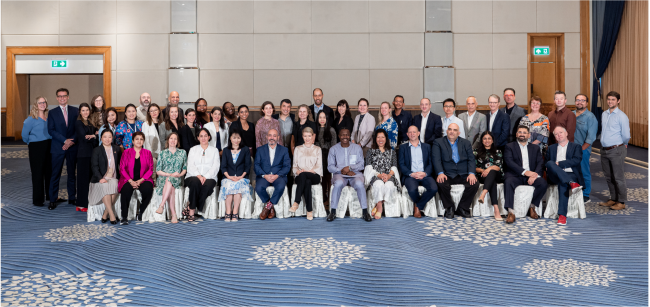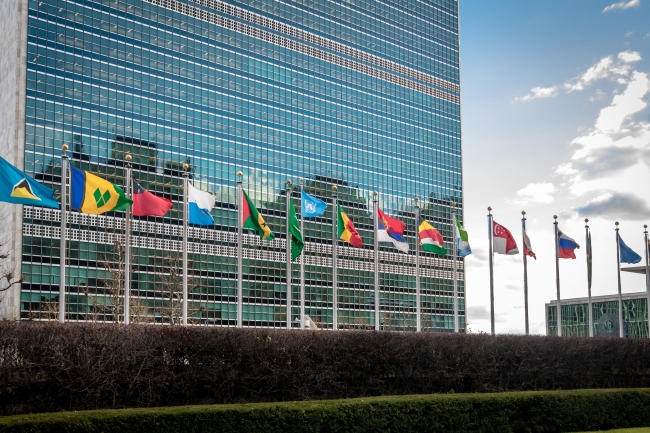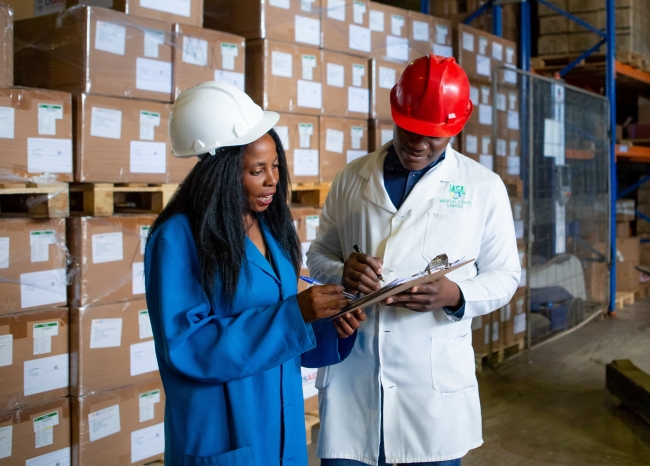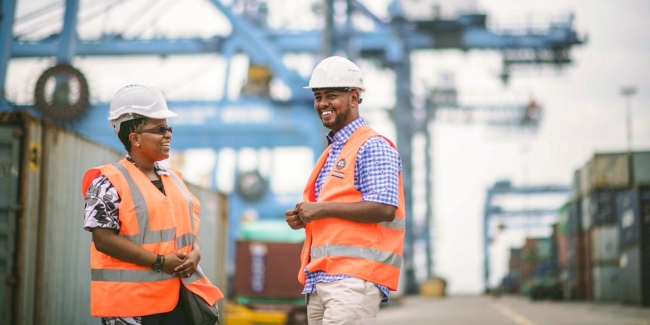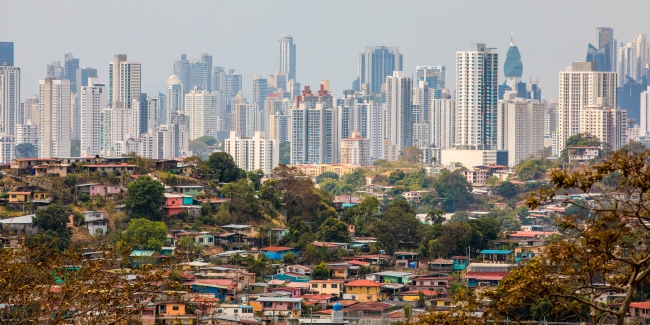Public Finance for SDGs: Unlocking Resources for the Future
05 MAY, 2025

29 April - UN Headquarters, New York
Building on the momentum generated during the January 2025 Dialogue on Public Finance and the SDGs, this Preparatory Committee side event explored ways to build fiscal resilience in an era of uncertainty; ensure fiscal policy coherence by aligning tax, spending and debt for systemic impact; and rebuild trust through inclusive governance and fiscal accountability.
Tom Beloe, Director of UNDP’s Sustainable Finance Hub, emphasized that public finance should serve as the engine of a broader financing system. Outcome-oriented public finance begins with clear development goals—such as reducing inequality or addressing climate change—and then shapes fiscal reforms to achieve them. This requires coherent, integrated policies across taxation, spending, investment, and debt.
H.E. Soili Mäkeläinen-Buhanist, Ambassador for Financing for Sustainable Development, Ministry for Foreign Affairs of Finland, highlighted the need for context-specific tax solutions, improved donor alignment, and the digital transformation of public finance systems. She underscored the value of outcome-driven fiscal policies—including progressive taxation and public investment in gender equality, climate action, and education.
Dr. Mariana Mazzucato, Professor in the Economics of Innovation and Public Value at University College London, called for a shift from a narrow market-failure lens toward a mission-oriented, outcome-driven approach to public finance. She advocated for public finance to become structurally transformative, with international development banks mentoring national institutions and leveraging private capital through appropriate financing instruments.
Fahad Hamad Al-Sulaiti, Director-General of the Qatar Fund for Development, stressed the need to align financing strategies with national development plans to effectively implement the 2030 Agenda. He highlighted the importance of risk mitigation measures to de-risk investment opportunities and called for stronger collaboration between private and development banks to mobilize sustainable capital.
H.E. Seedy Keita, Minister of Finance and Economic Affairs of The Gambia, emphasized the role of public finance in advancing development through country-specific strategies. He highlighted the shift toward domestic resource mobilization to reduce aid dependency, with tax reforms raising revenue from 9% to 13% of GDP. He pointed to ongoing investments in infrastructure and human capital, alongside reforms in procurement and civil service efficiency, and stressed the need to adapt debt management strategies to the realities of developing countries.
H.E. Gareth do Espírito Santo Guadalupe, Minister of Finance of São Tomé and Príncipe, highlighted the unique challenges and opportunities facing Small Island Developing States (SIDS). He stressed that SIDS are not merely aid recipients but key contributors to global sustainability, offering vital ecosystem services. While regional collaboration, sustainability, and public-private partnerships as key drivers of development, he pointed to limited domestic revenue, small markets, and vulnerability to global shocks as persistent constraints.
Sergio Colina, Director General for Sustainable Development Policies of Spain, called for stronger political commitment to transform domestic resource mobilization and international cooperation. He emphasized fiscal justice, progressive taxation, and the importance of tackling illicit financial flows. Highlighting transparency—especially through beneficial ownership registers—he reinforced the role of governance and multilateralism. He also called for using ODA strategically to unlock social and climate investments and urged concrete action at the upcoming Seville conference.
Josephilda Hlope, Deputy Director-General, Department of Planning, Monitoring and Evaluation, Presidency of South Africa, highlighted the G20’s focus on boosting domestic resource mobilization and strengthening global cooperation on financial regulation. She emphasized equitable taxation, financial integrity, and the need to reframe international partnerships as long-term investments. Under South Africa’s G20 Presidency, the goal is to foster a more resilient, transparent, and sustainable global financial system that supports SDG financing.
Karen de Brouwer Vásquez, Director of Financing for Development, Ministry of Foreign Affairs of Mexico, underscored the importance of strengthening public finance systems through transparency, good governance, and national ownership. She highlighted the alignment of fiscal strategies with development goals—particularly on climate, gender, and equity—and emphasized the role of fiscal decentralization in directing resources toward local priorities. International cooperation, she noted, remains essential to building inclusive, resilient finance systems.
Dr. Gilson Pina, National Director of Planning, Ministry of Finance of Cabo Verde, noted that over 80% of Cabo Verde’s national budget is now domestically financed, underscoring a strong commitment to self-reliance and reduced aid dependency. He emphasized the need to build internal capacity across public institutions and the private sector as a foundation for long-term development. Cabo Verde’s strategy prioritizes domestic resource mobilization through private sector engagement, with support from partners like UNDP seen as critical to sustaining momentum and expanding institutional and human capital.

